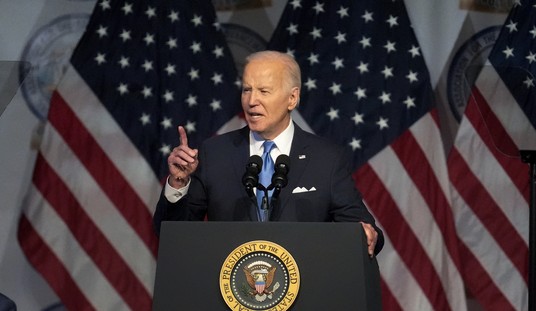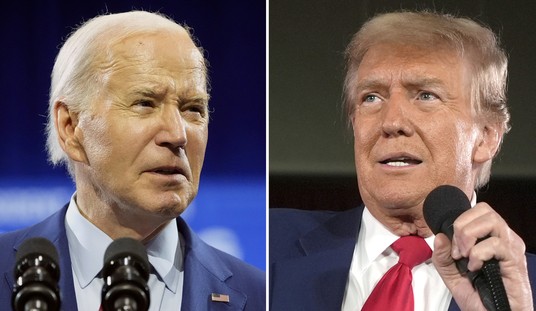Now, my good friend and colleague
Advertisement
I liked your article and I agree with you on history being on the side of Romney. Except for one thing: wherever I travel, more and more Republicans are fed up with this idea of someone’s turn. More often than not, you here “Him again?!!” rather than “It’s his turn?” (or “It’s her turn?).[# More #]
Thus, I would argue that someone who is a fresh face has an advantage. Which may explain why Govs. Barbour and Pawlenty, possibly Jim DeMint, Gen. David Petraeus, or someone who emerges in 2020—say a Gov. John Kasich of Ohio—could easily be a heavyweight contender in two years. Put another way, Republicans finally won the House in 1994 when they ran a national strategy; they might well win in 2012 with a fresh face.
I made this analogy at Western CPAC. From 1930-36, Republicans lost ground in four successive elections. By 1937, vilified and blamed for the Depression, Rs had 17 seats in the Senate, about a third of the House, and no major governorship except CA. But then FDR made his first stumbles as President—raising taxes before Depression was over, which short-circuited the recovery, and trying to pack the Supreme Court. In anger that was not unlike the tea party movement today, voters rallied to Republicans, who won so many House and Senate seats that if the South had not been solidly Democrat, they would have taken Congress.
More significantly, as Lyn Nofziger used to say, the “deadwood was cleaned out.” Many of the old bulls who were blamed for the Depression were retired or swept out in ’38. By 1940, it was clearly no one’s turn, as all the major candidates for the Republican nomination for President were people who had emerged on the scene only two years before: a freshman senator from Ohio (Bob Taft), a two-fisted, crime-busting 38-year-old DA from NY (Tom Dewey), and the eventual nominee, who had neither held nor sought office before and was a registered Democrat until a year before: Wendell Willkie. (I could easily see Dave Petraeus as Willkie).
The point being: overnight is an eternity in politics, as former Secretary of State James Baker likes to say, and 2010 could be a defining moment in Republican politics.
Recommended
Advertisement

























Join the conversation as a VIP Member